Here below, key excerpts from Cardinal Kasper’s controversial February 20 keynote address to the cardinals on admitting divorced and remarried people to Communion.
• It is not enough to consider the problem only from the point of view and from the perspective of the Church as a sacramental institution. We need a paradigm change and we must – as the good Samaritan did – consider the situation also from the perspective of those who are suffering and asking for help.
• Everyone knows that the question of the marriages of divorced and remarried persons is a complex and thorny problem. [. . .] What can the Church do in such situations?
It cannot propose a solution that is different from or contrary to the words of Jesus. The indissolubility of sacramental marriage and the impossibility of a new marriage during the lifetime of the other partner is part of the tradition of the Church’s binding faith that cannot be abandoned or undone by appealing to a superficial understanding of cheapened mercy. [. . .]
The question is therefore how the Church can reflect this indivisible pairing of the fidelity and mercy of God in its pastoral action concerning the divorced who are remarried in a civil ceremony. [. . .]
• Today we find ourselves in a situation similar to that of the last Council. At that time as well there existed, for example on the question of ecumenism or religious freedom, encyclicals and decisions of the Holy Office that seemed to preclude other ways. Without violating the binding dogmatic tradition, the Council opened doors. We can ask ourselves: is it not perhaps possible that there could be further developments on the present question as well? [. . .]
• I will limit myself to two situations, for which solutions are already being mentioned in some official documents. I want only to pose questions, limiting myself to pointing out the direction of possible responses. Giving a response, however, will be the task of the synod in harmony with the pope.
FIRST SITUATION
• Familiaris Consortio affirms that some of the divorced and remarried are in conscience subjectively convinced that their irreparably broken previous marriage was never valid. [. . .]
According to canon law the evaluation is the task of the ecclesiastical tribunals. Since these are not “iure divino,” but developed historically, we sometimes ask ourselves if the judicial way should be the only one for resolving the problem or if other more pastoral and spiritual procedures could also be possible.
• As an alternative, one might think that the bishop could entrust this task to a priest with spiritual and pastoral experience as a penitentiary or episcopal vicar.
• Apart from the response to be given to this question, it is worthwhile to recall the address that Pope Francis delivered on January 24, 2014, to the officials of the tribunal of the Roman Rota, in which he affirms that the juridical dimension and pastoral dimension are not in opposition. [. . .]
Pastoral care and mercy are not opposed to justice, but they are, so to speak, the supreme justice, because behind each appeal they discern not only a case to be examined through the lens of general regulations but a human person who, as such, can never represent a case and always has a unique dignity. [. . .]
Is it truly possible that the good and bad of persons should be decided at second and third hearings solely on the basis of the proceedings, meaning paperwork, but without knowing the person and his situation?
SECOND SITUATION
• It would be mistaken to seek the solution of the problem only in a generous expansion of the procedure of nullity of marriage. This would create the dangerous impression that the Church is proceeding in a dishonest manner in granting what in reality are divorces. [. . .]
Therefore we must also take into consideration the more difficult question of the situation of the marriage that is ratified and consummated between baptized persons, in which the communion of marital life is irreparably broken and one or both of the spouses have contracted a second civil marriage.
• One notification was given to us by the Congregation for the Doctrine of the Faith in 1994 when it established – and Pope Benedict XVI reiterated this during the World Meeting of Families in Milan in 2012 – that the divorce and remarried cannot receive sacramental Communion but can receive spiritual Communion. […]
• Many will be grateful for this response, which is an instance of true openness. But it also brings up a number of questions. In fact, someone who receives spiritual Communion is one with Jesus Christ. [. . .] Why, then, can he not also receive sacramental Communion? [. . .]
Some maintain that non-participation in Communion is itself a sign of the sanctity of the sacrament. The question that is posed in response is: is it not perhaps an exploitation of the person who is suffering and asking for help if we make him a sign and a warning for others? Are we going to let him die of hunger sacramentally in order that others may live?
• The early Church gives us an indication that can serve as a means of escape from the dilemma, to which Professor Joseph Ratzinger referred in 1972. [. . .] In the individual local Churches, there existed the customary law on the basis of which Christians who, although their first partner was still alive, were living in a second relationship, after a time of penance had available [. . .] not a second marriage, but rather, through participation in Communion, a table of salvation. [. . .]
• The question is: This way that stands beyond rigorism and laxity, the way of conversion, which issues forth in the sacrament of mercy, the sacrament of penance, is it also the path that we could follow in the present question?
• A divorced and remarried person: 1. if he repents of his failure in the first marriage; 2. if he has clarified the obligations of the first marriage, if it is definitively ruled out that he could turn back; 3. if he cannot abandon without further harm the responsibilities taken on with the new civil marriage; 4. if however he is doing the best he can to live out the possibilities of the second marriage on the basis of the faith and to raise his children in the faith; 5. if he has a desire for the sacraments as a source of strength in his situation — should we or can we deny him, after a period of time in a new direction, of “metanoia,” the sacrament of penance and then of Communion?
• This possible way would not be a general solution. It is not the wide road of the masses, but rather the narrow path of what is probably the smaller segment of the divorced and remarried, those sincerely interested in the sacraments. Should not the worst be avoided precisely here? In fact, when the children of the divorced and remarried do not see their parents approach the sacraments, they too usually fail to find their way to confession and Communion. Should we not take into account the fact that we will also lose the next generation, and perhaps the one after it too? Our long-established practice, is it not showing itself to be counterproductive? [. . .]
THE PRACTICE OF THE EARLY CHURCH
• According to the New Testament, adultery and fornication are behaviors in fundamental contrast with being Christian. Thus in the ancient Church, along with apostasy and murder, among the capital sins that excluded one from the Church was also adultery. [. . .] There is extensive literature on the relative exegetical and historical questions, within which it is almost impossible to get one’s bearings, and different interpretations. One could cite for example on the one hand G. Cereti, “Divorzio, nuove nozze e penitenza nella Chiesa primitiva,” Bologna 1977, 2013, and on the other H. Crouzel, “L’Eglise primitive face au divorce,” Paris 1971, and J. Ratzinger […] of 1972, [reproduced] in L’Osservatore Romano of November 30, 2011.
• There can be no doubt however about the fact that in the early Church, in many local Churches, by customary law there was, after a time of repentance, the practice of pastoral tolerance, of clemency and indulgence.
• It is against the background of this practice that Canon 8 of the Council of Nicaea (325) must also be understood, aimed against the rigorism of Novatian. [Editor’s note: Some observers argue that Kasper’s use of Canon 8 of the Council of Nicea to support his argument that the early Church under some circumstances did admit divorced Christians to the Eucharist is based on scholarly interpretations of the Canon that have come to be generally regarded as tendentious and incorrect.] This customary law is expressly discussed by Origen, who maintains that it is not unreasonable. Basil the Great, Gregory Nazianzen, and some others also refer to it. They explain the judgment of “not unreasonable” with the pastoral intention of “avoiding the worst.”
In the Latin Church, through the authority of Augustine, this practice was abandoned in favor of a more strict practice. Even Augustine, however, in one passage speaks of venial sin. He therefore does not seem to have excluded all pastoral solutions at the outset.
• Even afterward, the Western Church, in difficult situations, through the decisions of Synods and the like, always sought, and even found, concrete solutions. The Council of Trent [. . .] condemned Luther’s position, but not the practice of the Eastern Church. [. . .]
• The Orthodox Churches have preserved, in keeping with the pastoral viewpoint of the tradition of the early Church, the valid (for them) principle of oikonomia. Beginning in the sixth century, however, making reference to Byzantine imperial law, they went beyond the position of pastoral tolerance, of clemency and indulgence, recognizing together with the clause of adultery other reasons for divorce as well, which are based on the moral and not only the physical death of the marriage bond.
• The Western Church followed another path. It excludes the dissolution of a ratified and consummated sacramental marriage between baptized persons, but it acknowledges divorce for non-consummated marriage, as also, according to the Pauline and Petrine privilege, for non-sacramental marriages. Along with this are declarations of nullity for defect of form; in this regard we could however ask ourselves if what are brought to the forefront, in a unilateral way, are not juridical points of view that are historically very much late in coming.
• J. Ratzinger suggested that Basil’s position should be taken up again in a new way. It would seem to be an appropriate solution, one that is also at the basis of these reflections of mine.
We cannot refer to this or that historical interpretation, which still remains controversial, nor can we simply replicate the solutions of the early Church in our situation, which is completely different.
In the changed current situation we can, however, recover the basic concepts and seek to realize them in the present, in the manner that is just and fair in the light of the Gospel.

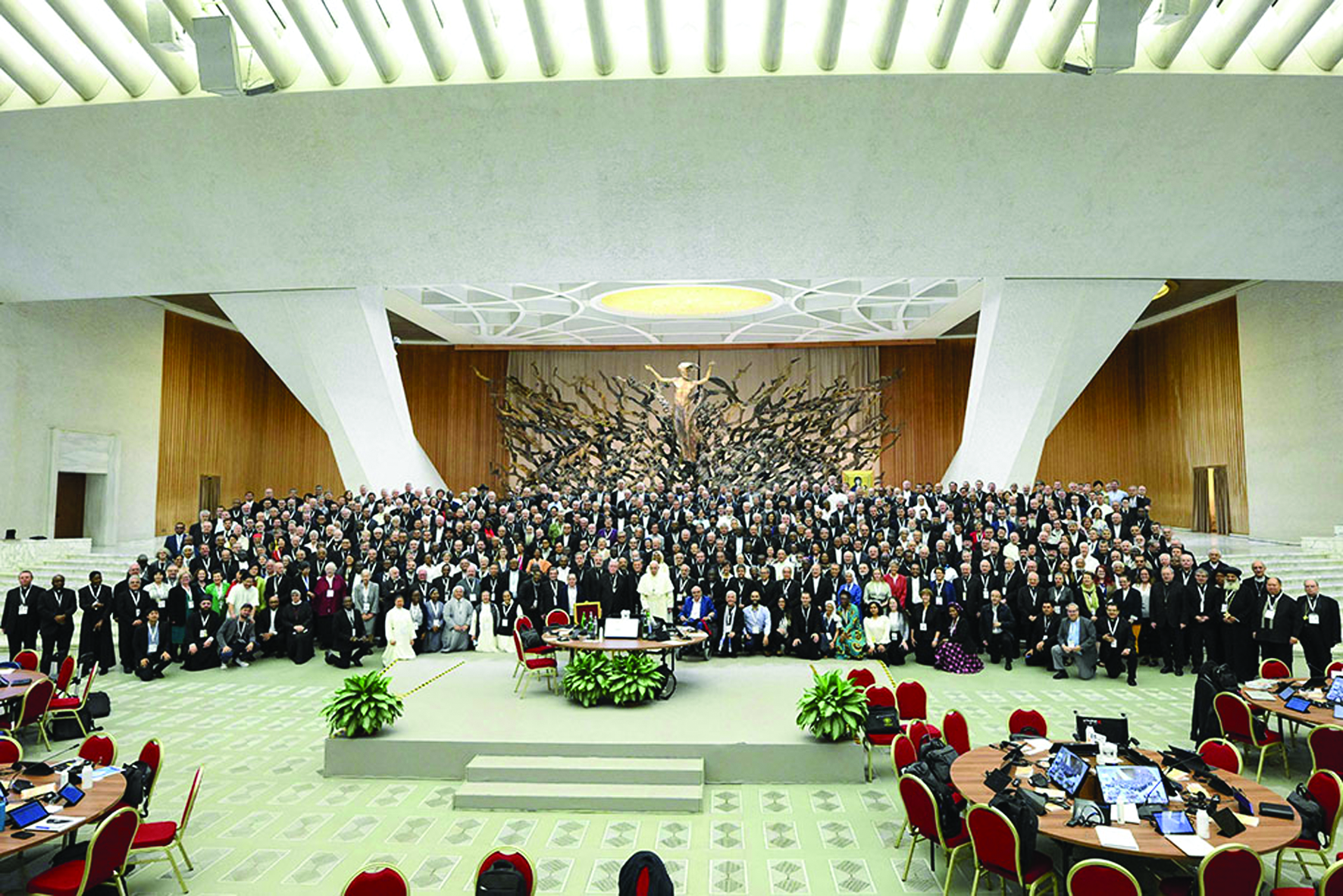
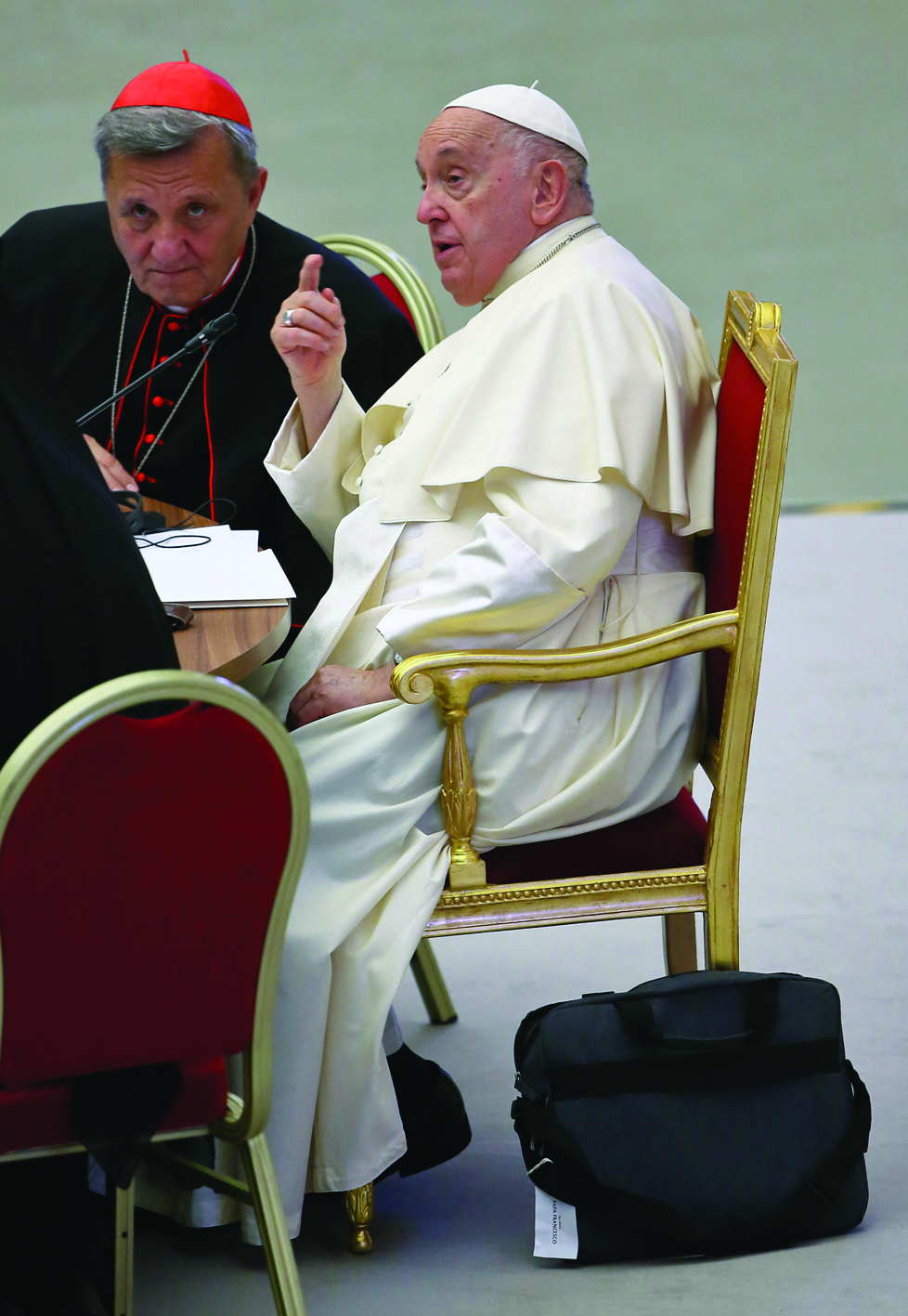
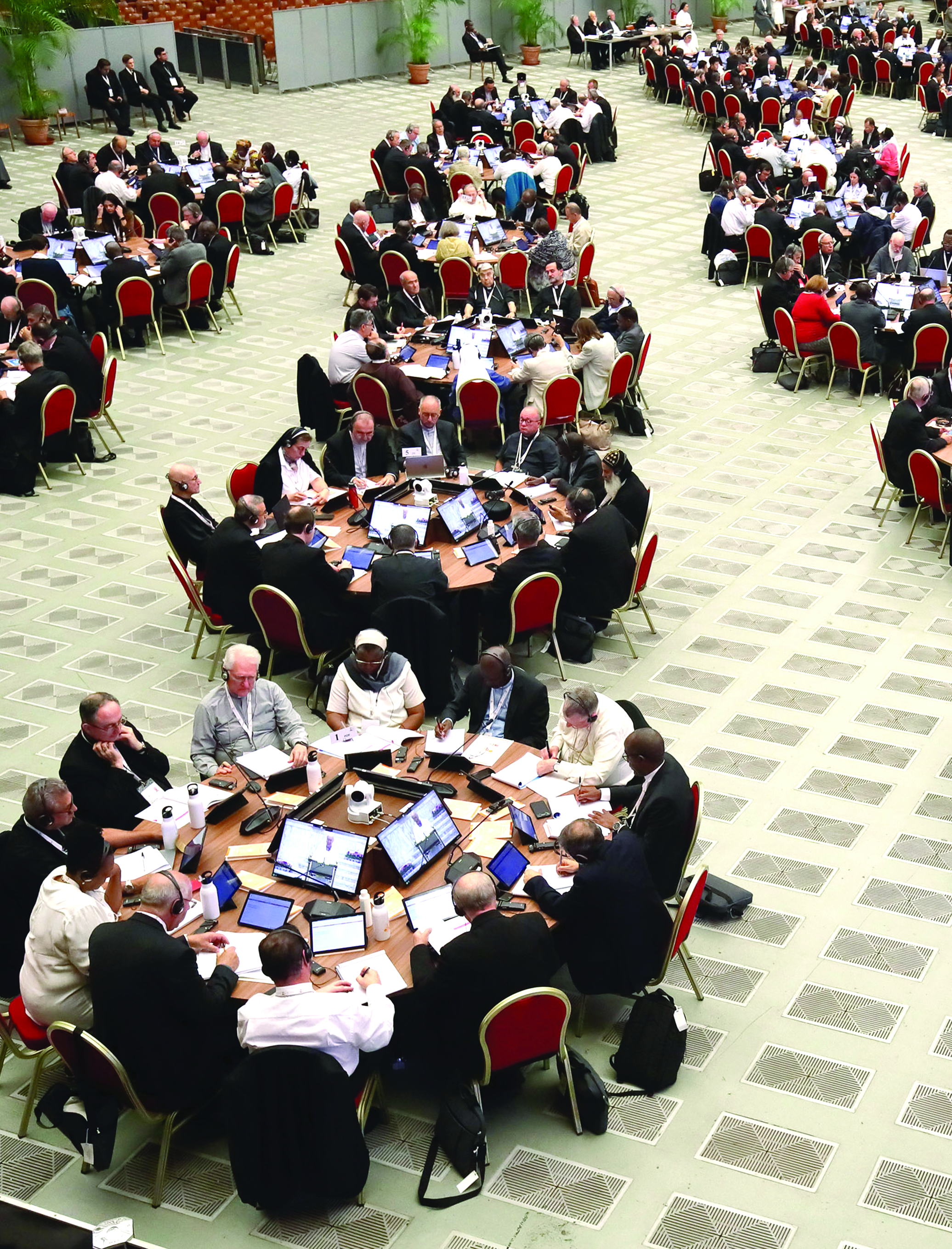
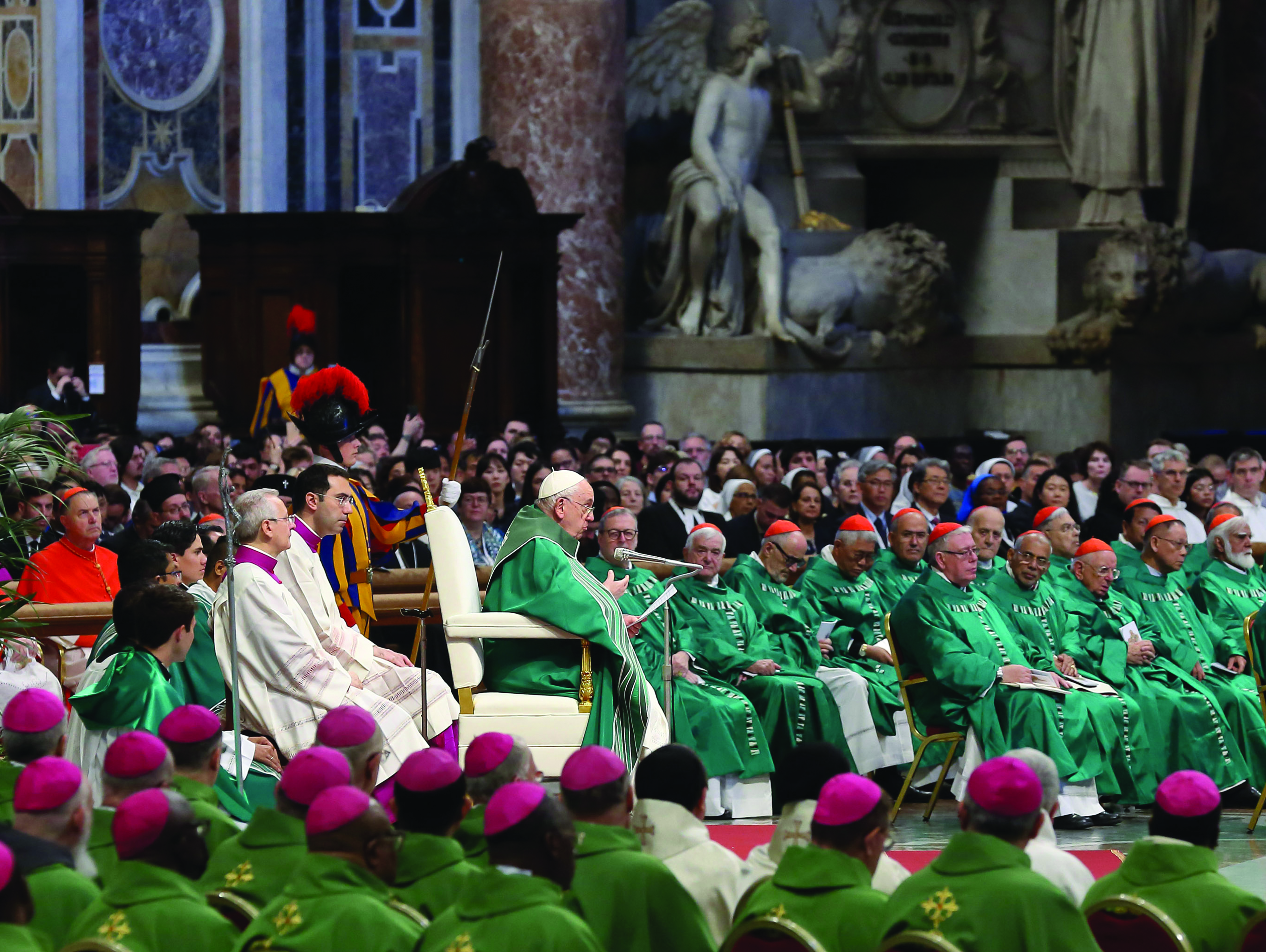
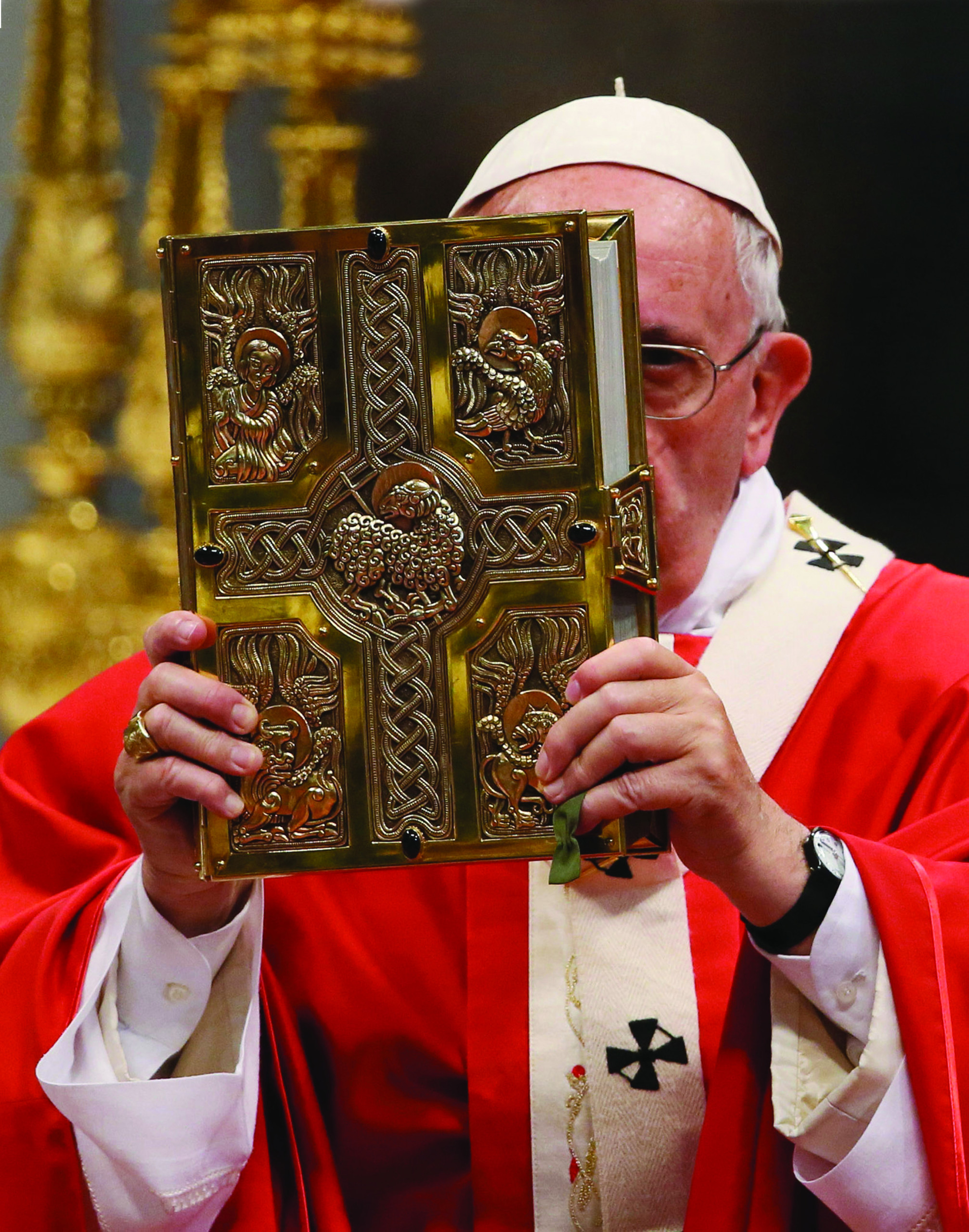
Facebook Comments